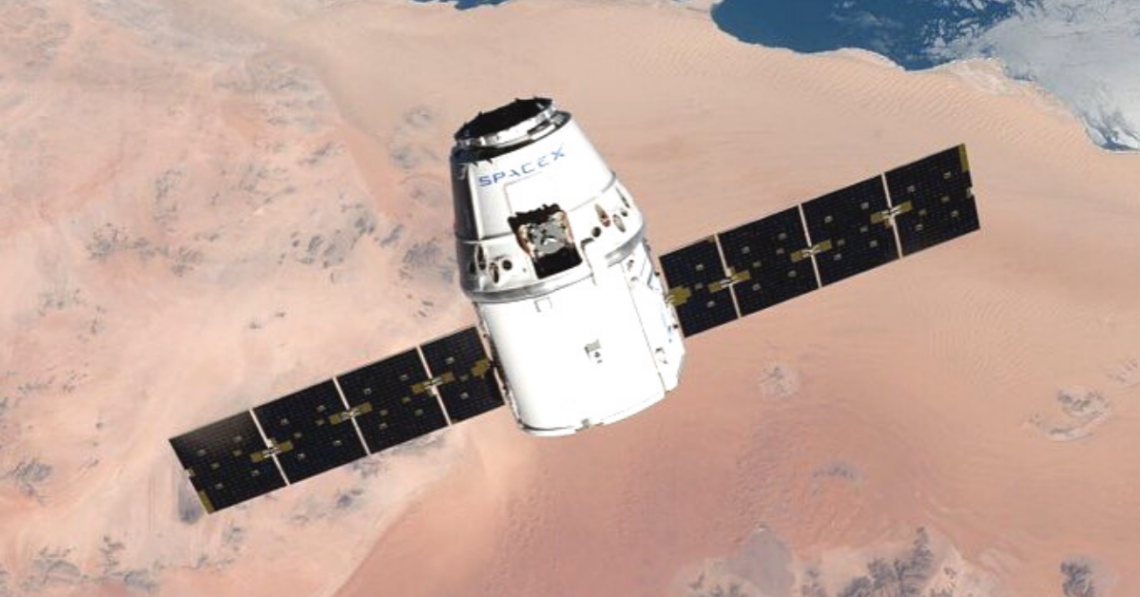SpaceX has partnered with Ector County, a school district in Texas, to provide free internet serivces to families living in rural areas. The goal of the project is to help close the digital divide between families who do and do not have reliable access to internet services.
The program is starting small but is expected to grow.

Initially, 45 rural families will gain internet access. However, they plan to double the service to 90 families. A public Starlink beta will also soon launch in the northern US and southern Canada.
The digital divide is a growing problem.

Lack of internet access is becoming a crisis in education . Many schools use the internet to assign homework and provide learning supports to students at home. This puts students without internet access at a disadvantage. COVID-19 is adding to this pressure. When schools closed and moved content online, Internet access became essential.
The satellites offer internet comparable to ground-based internet.
SpaceX’s Starlink is expected to be capable of download speeds of 100Mbs with a latency of 30 milliseconds. Although initially, limited households can access the Starlink services, this is expected to grow. By 2021, SpaceX will add more satellites to the network.
The Superintendent of Ector County is excited about this unprecedented collaboration.
He said in a press release :
“Our research clearly indicates the lack of broadband access is a crisis in Ector County. In collaboration with SpaceX, we are providing space-based Internet service to students and families that have few, if any, options. The partners with us share our vision for equity and access for all students. Today, we take a giant leap forward in closing the digital divide that exists within our community.”
Starlink could provide a permanent solution to the growing digital divide.

Space-based internet is not as encumbered by the challenges of creating networks of cables to serve remote locations. Although the initial investment may be high, space-based internet offers equal access.
h/t: Mashable















































